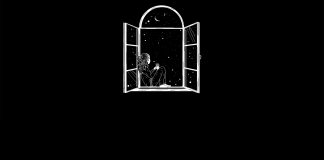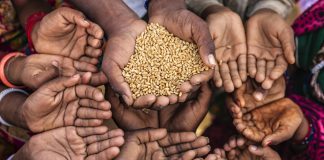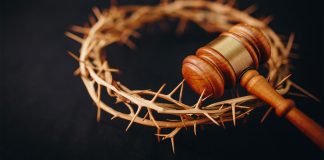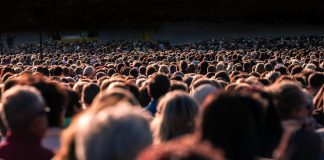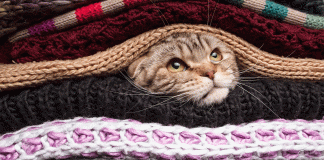Difficult conversations | How do we talk about death with our children?
Talking to your children about death can be an act of love. You can't take away their pain with a simple conversation, but you can give them something just as important: truth wrapped in gentleness, the reassurance and relief that they are not alone in their grief, and even the hope that sees beyond the loss.
The fragility of the good news about COVID-19 mortality
The mortality rate of COVID-19 remains high, but not as high as its transmission rate, and this good news needs nuances and explanations.
Running against our own potential
If we were to liken life to the Olympics, then we would easily understand two fundamental things: you can’t score first in all the tests and, even in the areas where you are very capable, you can win by doing less than your best if those you compete against are not much of a challenge.
Mother Teresa, a little nun with high ideals
She refused the comfort and tranquillity so desired and sought after today because she saw the needs of the simple people and she unwittingly sparked a revolution of love. She went down in history, not with any title of nobility, but simply as Mother Teresa.
Money and the inevitable worrying about tomorrow
The love of money may be the root of all evil, but the need for money cannot be subjected to a harsh moral judgment.
Good reasons to read the whole Bible
As intimidating as the Bible may sometimes be, especially because of its size and its sometimes difficult passages, many who have read it from cover to cover say that it has changed their lives for the better—the spiritual resources the whole Bible can provide are not found elsewhere.
Vaccine against death
What would you do if someone denigrated you in public? You could deny the information, but there is no guarantee that you will be able to rehabilitate your image. If you leave things as they are, there is a risk that silence will be interpreted as guilt. If you go to court, the process might take a long time and it may not...
The constraints that make us happy
American psychologist Barry Schwartz's counterintuitive study argues uncomfortably similarly to communist philosophy, while offering a stunning argument for Christianity, the enemy of communism.
Is Christianity merely an emotional experience?
"Yes, we eat grass and we're proud of it because it demonstrates that, with God's power, we can do anything," is the statement and belief of young Rosemary Phetha as reported in TimesLIVE.
Joy is the face of Jesus
I still remember the shock I felt when I first watched "The Gospel According to Matthew," starring Bruce Marchiano. It was not the first film about the life of Jesus that I had seen, but it was entirely different from anything I had known before.
Trust, the resource of intelligent people
In a study published in the journal PLOS One, researchers came to the counterintuitive conclusion that people with higher intelligence have higher levels of generalised trust.
Too many or too greedy? An answer to global overpopulation
"The battle to feed all of humanity is over. In the 1970s and 1980s hundreds of millions of people will starve to death... It cannot be overemphasised, however, that no changes in behavior or technology can save us unless we can achieve control over the size of the human population." Despite seeming to come from a dystopian novel, these ideas belong to biologist...
How gratitude can save us from ourselves
We are so familiar with complaining that we don't even recognise its presence in our interactions. It has become part of us—and, according to rumours on the internet, so have its consequences. The whining we are told we do every minute of every conversation has the power to destroy our neurons.
COVID-19: Fake news, now and ever
Elisa Granato, one of the first people to be tested for a Covid-19 vaccine, died. The news rolled in the virtual media 6 times faster than other news.[1] Keep this number in mind. This is important because, as we learn from a study published in Science, fake news spreads on average 6 times faster than genuine news. And not only faster, but also...
How Jesus used the Hebrew Scriptures
When we read the Gospels, we may be put off by the way Jesus Christ interprets the Hebrew Scriptures.












